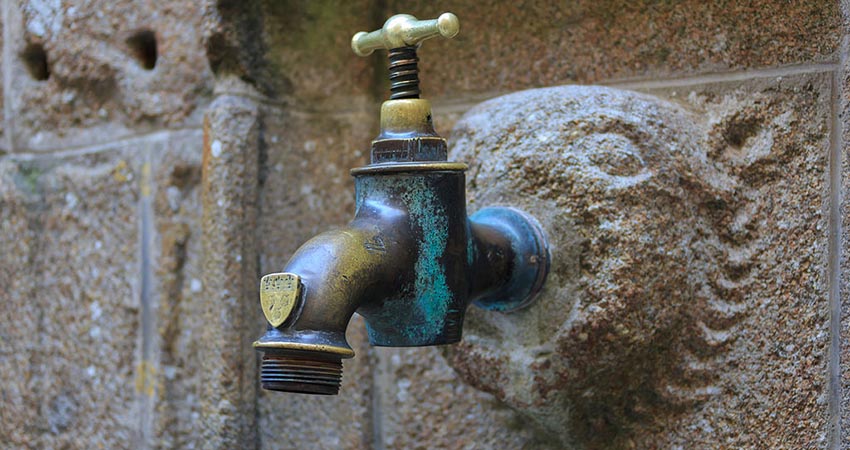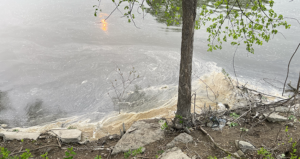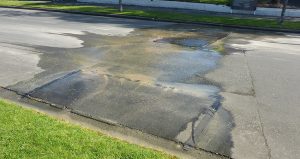Europe: Deal on Drinking Water Directive

-
 Esther Rasenberg
Esther Rasenberg
Share article:
The European Parliament and the European Council agreed in Strasbourg on a revised Drinking Water Directive on Wednesday 18 December. The European Commission welcomes their decision to improve the quality of drinking water and the access to it. The provisional agreement is now subject to formal approval by the European Parliament and Council. After that approval the Directive will be published in the EU’s Official Journal and enter into force 20 days later.
The revision of the European Drinking Water Directive was proposed by the European Commission in February 2018 in response to the European citizens’ initiative ‘Right2water’. The European Parliament insisted all Member States must take measures to enable all citizens, especially vulnerable and marginalized groups, to be connected to the distribution network. These measures include the construction of public water dispensers, which must be available to all citizens.
Negotiations
Until now the negotiations on the main topics of discussion (access to water, new norms for emerging substances, microplastics, compulsory monitoring of water leakages, information to consumers and materials in contact with drinking water) progressed slowly. But Wednesday the European Parliament and the European Council finally reached an agreement.
Emerging chemicals
The new Drinking Water Directive (DWD) will tackle emerging pollutants such as micro-plastics, endocrine disruptors as well as new types of chemicals (PFAs). It also includes detailed hygienic requirements for materials in contact with drinking water and gives the European Chemicals Agency (ECHA) a key role to ensure that only safe substances can be used in pipes and taps in contact with water. This harmonisation will facilitate the smooth functioning of the internal market for products in contact with drinking water while improving public health.
Leakage rates
The new rules aim to increase the transparency of Europe’s water systems. The public will get access to easy, user-friendly information about the quality and supply of drinking water in their living area, improving confidence in tap water. Very large water supplier also have to include annual information on the overall performance of the water system in terms of efficiency, including leakage rates and energy efficiency. It is assumed that by contributing to better awareness of the issue, increased transparency could influence water suppliers and Member States’ authorities alike to address the issue of water losses and leakages.
Risk based approach
Currently, drinking water is controlled ‘end-of-pipe’. The newly agreed rules implement the so-called risk-based-approach, allowing for further prevention and mitigation measures to protect drinking water sources.
Materials in contact with drinking water
“We are very pleased to see a European scheme for the materials in contact with drinking water, something we pushed for since the review of the directive was launched five years ago. We are also satisfied that the co-legislators better adhered to the WHO recommendations. Water will continue to be safe and affordable for consumers in the EU”, said the European federation of national water services Eureau.
Adaptation to recent standards
The European Commission is also pleased with the agreement of the co-legislators. “The European Parliament and the European Council agreed to modernise EU rules, improving the quality of drinking water on the basis of the most recent standards, increasing access to water for all and enhancing transparency in this essential sector. Together we can and must protect the health and safety of our citizens”, said new Commissioner for the Environment, Oceans and Fisheries, Virginijus Sinkevičius.
The latest proposal van be found here.














